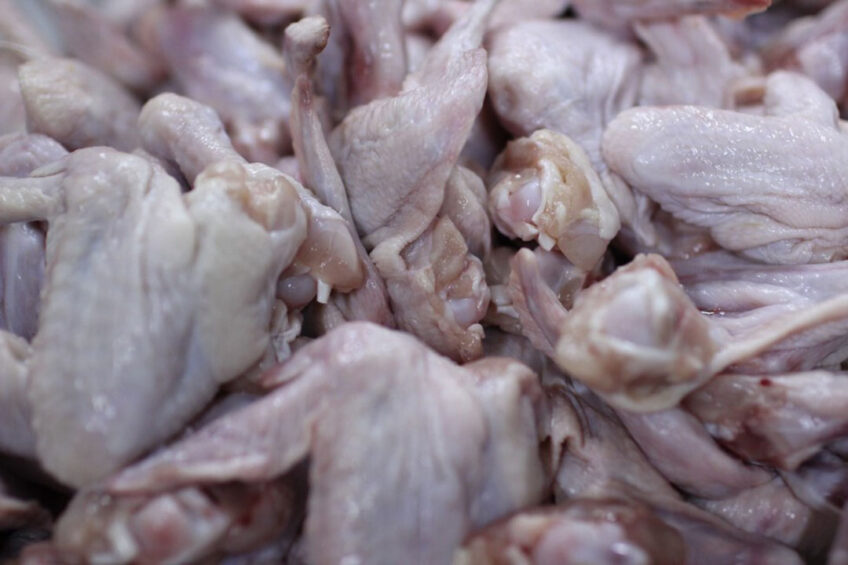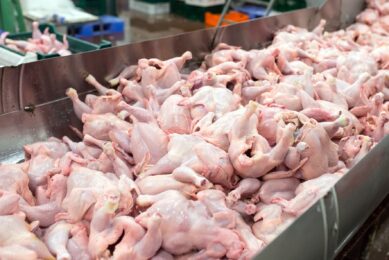Iran greenlights poultry export from Russia

The first 5 Russian poultry farms have received permission from the Iranian veterinary authorities to supply broiler meat to the country, the Russian veterinary watchdog, Rosselhoznadzor, said in a statement.
Several of Russia’s largest poultry and meat manufacturers have gotten access to the Iranian market. Among the companies approved for export, Rosselhoznadzor listed Miratorg’s Bryansky Broiler, Cherkizovo’s Vasielvskaya poultry farm and GAP Resource’s Tokarevskaya poultry farm.
Konstantin Korneev, executive director of the Russian consulting firm Rincon Management, told local news outlet Agroinvestor that Russian poultry companies had long been interested in the Iranian market. He also assumed that in light of the current geopolitical situation, all logistics and financial issues pertaining to poultry exports would be solved quickly.
The Iranian market remains closed for some of the world’s key poultry exporters, so the price dynamics there have lower dependence on the actions of foreign companies, Korneev said, adding that currently, virtually all Russian poultry exporters are in talks about making their way into the Iranian market.
The Iranian market might be in trouble
Russian poultry exports could presumably help Iran fill the gap in the domestic market where the demand is predicted to drop in 2022 owing to skyrocketing feedstuff prices.
Poultry production is forecasted to drop from 2.18 million tonnes in 2021 to 2.1 million tonnes in 2022, according to the latest Food and Agriculture Organization’s Food Outlook. In this background, imports are expected to rise from 70,000 tonnes to 105,000 tonnes, while exports fall from 33,000 tonnes to 16,000 tonnes.
On the other hand, the Iranian Statistical Center estimated that poultry production in the last month dropped by 19% on a year-to-year comparison.
Bolstering Russian exports
In the meantime, the deal is called to support the Russian poultry industry, which has been reportedly hurt by Western sanctions but remains close to last year’s level.
Korneev forecast that by the end of 2022, Russian poultry exports would reach 300,000 tonnes, against 288,000 tonnes in the previous year. “Logistics and problems with clearing [international] payments remain the key limiting factors [for the exports],” he said, adding that the high exchange rate of the Russian national currency also makes Russian poultry meat less competitive on the international market than in the previous years.
In 2022, Russia still exports poultry primarily to China and post-Soviet states. This year, exporters also experienced a rise in interest in Russian poultry in the MENA region and Africa, Korneev added.
 Beheer
Beheer











 WP Admin
WP Admin  Bewerk bericht
Bewerk bericht